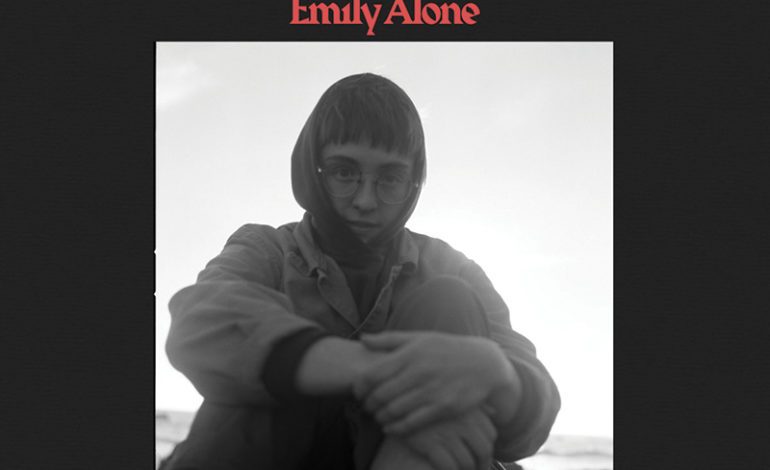

An invitation to isolation
The band Florist has always been exceptional when it comes to cultivating a mood or environment. Even their debut album, The Birds Sing Outside, was ripe with immersive, atmospheric moments. Their second album hinted at the band heading in a more stripped-down direction, and so Emily Alone arrives at the logical conclusion of that avenue of artistic development. Band leader Emily Sprague composed this record while on a self-imposed exile to Los Angeles, where she also took up surfing. As a result, this album is imbued with tranquil ocean vibes as well as a sense of isolation that comes from realizing the minimalism of your being relative to the enormity of the sea.
Folk as a genre is mainly lyric-driven, seeing as how the instrumentation is essentially limited to acoustic guitars and pianos, Emily Alone delivers on the lyrics front over and over again. While this is a deeply personal album, she is still able to communicate her experiences and unravel her internal dialogue in a way that could easily resonate with others. For instance, on the opening track, “So Alone,” she croons: “Emily, just know /that you’re not as alone /as you feel in the dark.” These words of consolation can be extended to anyone who finds themselves in a depressive state.
Occasionally, this introspection evolves into existentialism. Track six, “Time is a Dark Feeling,” carries so much weight in the title alone that it could be considered poetry on its own. Surprisingly, “Time is a Dark Feeling” ends up being one of the more soothing tracks on the album. Sprague illustrates that her understanding of lyrics extends beyond the words themselves; her delivery always fits what she’s singing, plus she knows precisely where her limitations are and how to get around them. For instance, on the closing track, “Today I’ll Have You Around,” Sprague uses vocal layering in an unconventional yet effective way; the voices come together in the chorus, and then fall out of sync during the verses, creating a type of tension-and-release dynamic that draws the listener in further.
While there are plenty of proficient wordsmiths in the world of folk, many of them forego the actual music, focusing on lyrical complexity while treating their instruments more like tools with which they prop up their words. Sprague seems to understand that these two elements are intrinsically linked, and the synergy between her words and her instrument shines through on every song. Just listen to track eight, “Now,” where there are switches from fingerpicking in the verses to simple chords during the chorus, with a slight pause between the two; not only does this give the listener a sense of movement, it gives them space to process the message and imagery of the lyrics.
Whereas a lot of folk artists cultivate techniques and employ tunings seeking to develop a “signature sound,” her focus falls more on effectively communicating a mood, and she plays guitar in a way that complements and emphasizes her lyrics. Her penchant for crafting such meditative atmospheres is something that she carries over from her solo ambient releases, and this is best exemplified on track nine, “Rain Song.” Her hushed vocal delivery and sparse fingerpicking occupy the exact space, but instead of fighting for the listener’s attention, these two elements blend to create a powerfully emotional listening experience.
While it is a little reductive to describe a work of art by comparing it to similar works, it often helps to provide people who might be put off by a genre descriptor as nebulous as indie-pop with a reference point. While it’s still too early to deem this record a “modern classic,” Sprague has delivered what could arguably be described as an amalgam of Nick Drake’s Pink Moon, and Feist’s Let It Die. Is Emily Alone indicative of a wave of new sincerity that lurks beyond the horizon of the next decade, or will postmodern cynicism continue to reign supreme? Only time will tell! But as of right now, one thing is for sure: this is an excellent album.
